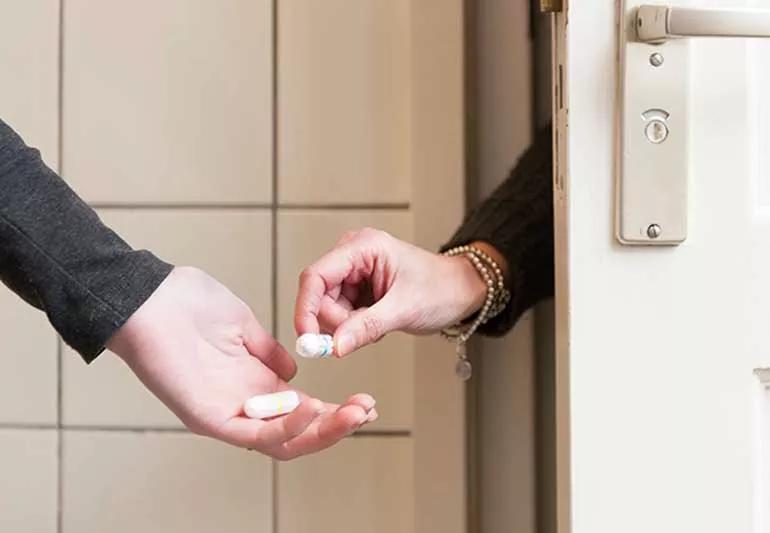From using one at night to how often you should change them

Image content: This image is available to view online.
View image online (https://assets.clevelandclinic.org/transform/fcce88e6-08cb-43db-83af-0c66b3e64696/Tampon-Guide-641999348-770x533-1_jpg)
Woman getting handed a tampon.
Tampons aren’t a modern phenomenon. In her 1981 book Everything You Must Know About Tampons, author Nancy Friedman notes that researchers have found evidence that Egyptian women in the 15th century B.C. used “soft papyrus tampons,” while ancient Roman women used tampons made of wool. Across the centuries, people have also used paper, grasses or other plants as a period supply.
Advertisement
Cleveland Clinic is a non-profit academic medical center. Advertising on our site helps support our mission. We do not endorse non-Cleveland Clinic products or services. Policy
Despite tampons being so common, using them brings up a lot of questions. Which absorbency should I use? Do I need to worry about toxic shock syndrome? Can a tampon get stuck? Should they hurt?
Doctors are always happy to clear up the many misconceptions about tampons. But you might have even more questions beyond that. Here are some other common concerns — and what experts say.
A tampon is what’s known as a menstrual product. In other words, it’s something you can use to absorb the material your uterus sheds during your period. Using tampons can be confusing at first, which is perfectly normal. It’s always fine to ask for help when you’re learning to use them.
Guidelines on tampon use aren’t just suggestions. You should never leave a tampon in for more than eight hours. And that’s just the upper limit: Many people choose to change a tampon every four to six hours. Leaving a tampon in for too long can lead to a bacterial infection called toxic shock syndrome or other serious health problems.
You can sleep with a tampon in. Just make sure you insert a new one right before going to sleep and change it right away in the morning.
You shouldn’t feel pain after a tampon’s in place, although occasionally, you might feel some discomfort while inserting one. But tampon sizes matter: Make sure the absorbency of the tampon you’re using fits the heaviness of your flow. And there are some best practices to follow when inserting a tampon. That includes washing your hands, trying to relax and angling the tampon.
Advertisement
Yes, tampons can get stuck — but don’t panic! They’ll come out eventually. First things first, relax and try to find the tampon (or the tampon string) yourself, using your fingers. Changing positions can also help this process happen. And if you’re unsuccessful, your family doctor or Ob/Gyn’s office can help, as can urgent or express care.
You might wonder whether you should try the scented tampons and pads on the shelves at the store. But it’s best to stick to unscented products. Why? Scented options can disrupt your bacteria levels — and you need good bacteria to protect your vagina from infection and disease-causing organisms.
Believe it or not — yes, tampons can expire. They typically last five years, but if you store them in a bathroom — in other words, in a place that’s wet or damp — tampons can get moldy or become a breeding ground for bacteria.
Advertisement

Sign up for our Health Essentials emails for expert guidance on nutrition, fitness, sleep, skin care and more.
Learn more about our editorial process.
Advertisement
It’s important to angle it toward your rectum or back, along the natural curve of your vaginal canal
Yes, you can pee with a tampon in; no, they won’t stretch out your vagina or make cramps worse!
Nothing scented should go in or around your vagina!
It depends on your menstrual flow, and a little trial and error
Yes, with the right absorbency level and maximum time-frame
Homemade doesn't always mean safe
Use them within five years and store them someplace cool and dry
In addition to toxic shock syndrome, you risk other vaginal infections
Although it could be used as a moisturizer, this new trend is not recommended
Communicating clear limits helps protect your time, energy and emotional well-being
High cholesterol can be genetic, but testing and treatment can lower your heart disease risk